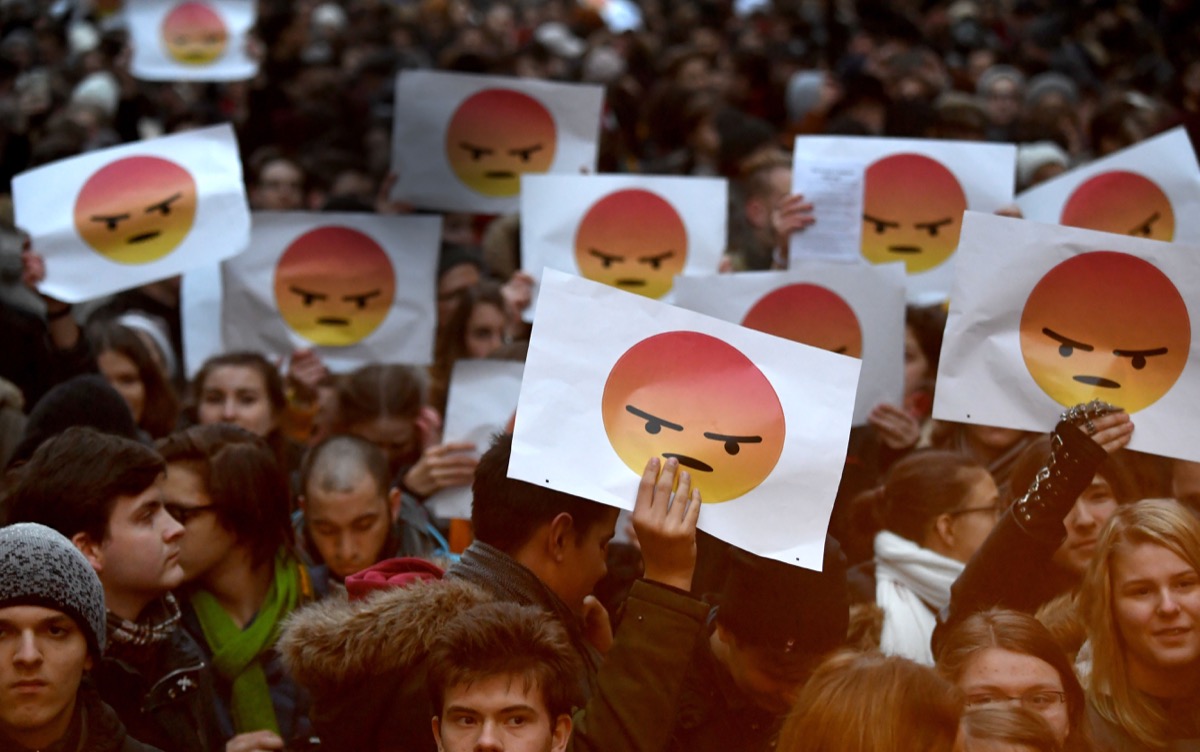Why Are “Women’s Issues” Taken Less Seriously?
Women are the mainstream.

Kylie Cheung is the author of The Gaslit Diaries, available now.
Today, women will again comprise the majority of American voters in the midterm elections. Single women, as of 2016, have been recognized as the most powerful electoral demographic in the country. So, here’s a question: Why are issues that disproportionately affect us still dismissively referred to as “women’s issues”?
I’m the first to recognize how fundamentally different and divided many of our day-to-day experiences are from those of men, within the patriarchy. Poverty (women are 35 percent more likely than men to live in poverty), wage discrimination (women earn about 80 cents on the dollar compared to men, and this divide increases for women of color), threats to our bodily autonomy and reproductive rights, and sexual violence disparately affect us and certainly are women’s issues.
But one common issue with how that term, “women’s issues,” gets used is the implication that our experience is out of the mainstream—that men and their experience in this country are the default. It’s the same reason that when politicians talk about the experiences of women, people of color, and other marginalized groups, this is called divisive “identity politics,” but when Donald Trump caters to the identity-based experiences of angry rural white men in his speeches, this is called a “unifying message.”
The issues that affect us as women, and certainly, the issues that women and feminists care about, are not soft and tangential to perceived harder, “mainstream” issues like jobs, trade, and how to protect coal miners. Reproductive justice is fundamentally bound to economic justice, as access to birth control, abortion and other key health care services decide whether women are able to finish school, join in the labor force, and provide for themselves and their families, and participate in public society at all. Research has shown how public funding of birth control could save all Americans billions of dollars.
Today, despite erasure of the oppression we face with tired lines from “moderate” Republicans about “respecting the precedent” of the Roe v. Wade Supreme Court decision, and even from some among the Democratic leadership who dismiss abortion rights as a “settled issue”—or, worse, a “social issue”—the situation around reproductive rights could hardly be more dire.
In the past five or so years alone, more than a quarter of all 1,200 anti-abortion laws passed since Roe was decided, in 1973, were enacted between 2011 and 2016. Almost 90 percent of U.S. counties lack an abortion provider, while 58 percent of American women live in regions recognized as extremely hostile to abortion rights. With the rabidly anti-choice, alleged sexual abuser Brett Kavanaugh on the Supreme Court, and Donald Trump having already appointed more than an eighth of all circuit court judges, the legality of abortion itself faces a terrifying new challenge.
Women are the mainstream, and erasure of this reality through insidious, often dismissive usage of the term “women’s issues” is gaslighting. What affects us affects everyone. Our access to health care, our economic enfranchisement, and our ability to not only participate fully in society, but lead and organize and empower others, have a critical impact on everyone in this country, and certainly on men.
Of course, that said, our experiences should not have to have critical impact on men to be taken seriously, or to draw the allyship, solidarity, and support of men. Movements like Emma Watson’s #HeForShe, the pro-choice movement’s Men for Choice, and Joe Biden’s It’s On Us campaign against sexual assault are all certainly important, and we need allies in our fight, but women shouldn’t need male mouthpieces just to be heard and respected.
The fight for our rights shouldn’t require male validation, or participation and support from men to make progress. Certainly, if issues significantly affect women’s lives, that should be all it takes; we shouldn’t have to convince men that it also benefits them to fight the patriarchy, for them to join us.
Women’s voices, and women’s experiences, and women’s tireless advocacy should be enough. We are, again, as much a part of the mainstream as anyone else. Our demands matter, and should be heard whether they come from our mouths or the mouths of our male allies. We are, again, one of the—if not the—most powerful political forces in this country. “Women’s issues” affect everyone—but the fact that they affect women should be more than enough reason to consider them equally to any other issue.
In The Gaslit Diaries, Kylie Cheung explores the gaslighting and politics that belie women and marginalized people’s everyday experiences in the American patriarchy. The book is available for purchase here.
(image: ATTILA KISBENEDEK/AFP/Getty Images)
The Mary Sue may earn an affiliate commission on products purchased through links.
Want more stories like this? Become a subscriber and support the site!
—The Mary Sue has a strict comment policy that forbids, but is not limited to, personal insults toward anyone, hate speech, and trolling.—
Have a tip we should know? tips@themarysue.com